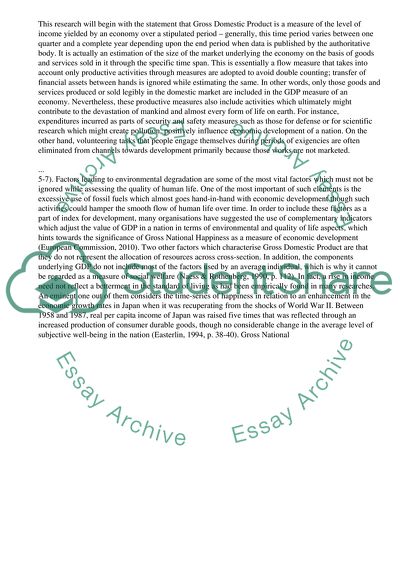Cite this document
(“The differences between National Income and Gross National Happiness Essay”, n.d.)
Retrieved from https://studentshare.org/business/1414892-the-differences-between-national-income-and-gross-national-happiness
Retrieved from https://studentshare.org/business/1414892-the-differences-between-national-income-and-gross-national-happiness
(The Differences Between National Income and Gross National Happiness Essay)
https://studentshare.org/business/1414892-the-differences-between-national-income-and-gross-national-happiness.
https://studentshare.org/business/1414892-the-differences-between-national-income-and-gross-national-happiness.
“The Differences Between National Income and Gross National Happiness Essay”, n.d. https://studentshare.org/business/1414892-the-differences-between-national-income-and-gross-national-happiness.


